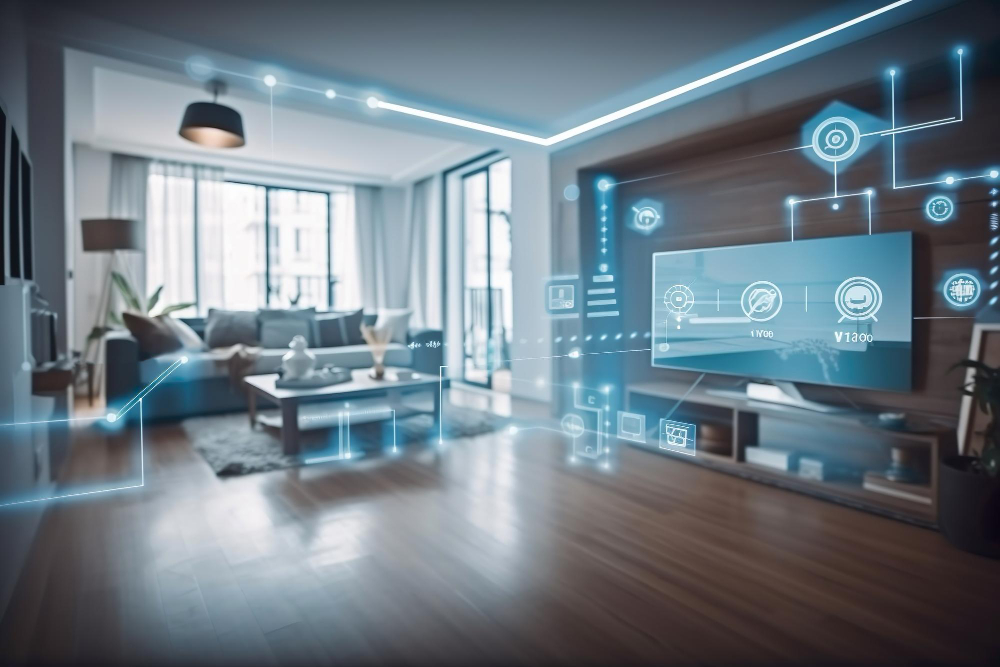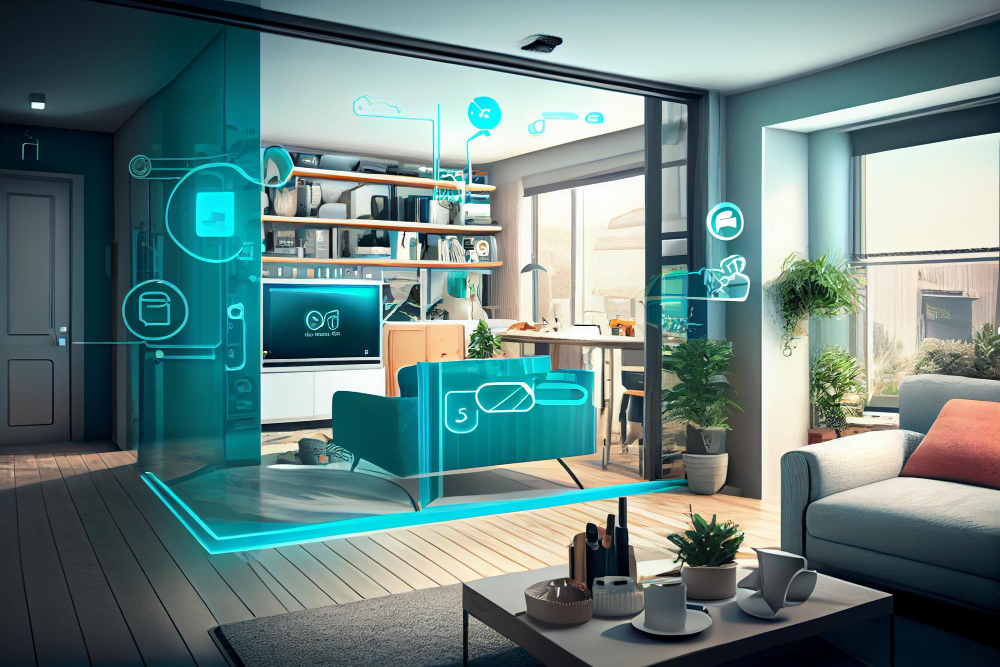- Al Fattan Business Hub, JBR, Marina, Dubai, UAE
- info@albacorp.net
Need help? 24/7
+971 58 234 0982
The integration of the Internet of Things (IoT) into residential environments is significantly altering how we interact with our living spaces. Smart home technologies offer enhanced efficiency, security, and convenience, fundamentally shifting consumer habits towards more connected and personalized lifestyles. This article delves into the pivotal role of IoT in modernizing homes and its implications for energy consumption, home security, daily convenience, and personalized living experiences.
Smart home technologies stand at the forefront of energy conservation and environmental responsibility. Devices such as smart thermostats and LED lighting systems not only provide users with the ability to monitor and control their energy usage but also adapt to user behaviors to optimize energy savings. The implementation of these technologies reflects a growing consumer emphasis on reducing environmental footprints while maintaining comfort and reducing operational costs.

The evolution of home security systems through IoT technologies offers unparalleled peace of mind for homeowners. Modern systems integrate smart locks, surveillance cameras, and alarm systems that can be managed remotely via smartphones, enhancing security and providing real-time alerts. This increased control and flexibility ensure that homeowners can easily monitor their properties, offering a blend of convenience and security previously unattainable.

Automation and voice control are among the most transformative aspects of smart home technology, simplifying complex tasks with unprecedented ease. From scheduling household appliances to operate at optimal times to employing voice-activated assistants for hands-free control, these innovations are streamlining household management. The result is not only a more efficient home but also one that better accommodates the busy lifestyles of modern consumers.
IoT technologies enable a level of personalization in home environments that was once unimaginable. From refrigerators that can suggest recipes based on their contents to systems that adjust lighting and temperature based on time of day or personal preference, smart homes are becoming increasingly attuned to the individual needs and preferences of their inhabitants. This shift towards personalized living experiences is enhancing comfort and convenience, marking a significant evolution in residential living.
Despite the benefits, the adoption of smart home technologies is not without challenges. Privacy and data security remain significant concerns, as these devices often collect sensitive personal information. Moreover, the cost of installing and maintaining a fully integrated smart home system can be prohibitive for some consumers. Addressing these issues is crucial for the continued adoption and evolution of smart home technologies.
The impact of IoT and smart home technologies on consumer lifestyles is profound, offering a glimpse into the future of residential living. As these technologies continue to evolve, they promise to further enhance the efficiency, security, and personalization of our homes, reshaping our daily lives in the process. Embracing these innovations represents a step towards a more connected, sustainable, and convenient future.
© 2024 Alba Corporation. All Rights Reserved.